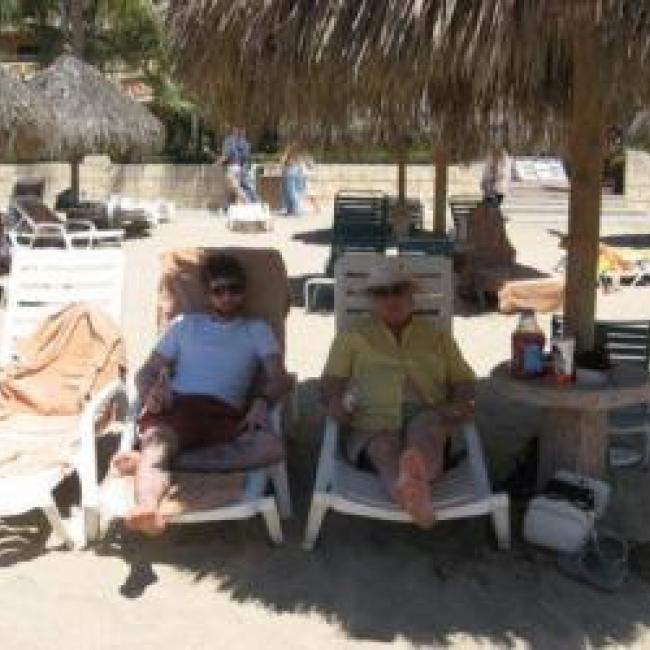
Having completed my first work term for Health Canada as a Communications Officer Intern, I was eager to try something new, and the government was not where I believed that was going to happen. I wondered how different communications positions could really be between the varying federal departments. When I was offered a position as a Marketing and Communications Assistant for Agriculture and Agri-Food Canada (AAFC), I was unsure about the amount of new skills that I would learn. However, my Co-op advisors suggested that the two positions were quite different, and I decided to go for it.
With my term now completed, I am certainly glad I decided to accept the position. I have learned an abundance of new skills and how they pertain to the public service work environment. Most significantly, I’ve learned that great variation does exist within the public service, and there is much opportunity to learn and gain valuable experience while working in government.
Working in government is varied in many ways. For instance, one of my offices was located downtown, where I enjoyed shopping during lunch breaks and downtown walks. This summer, I was placed in Burnaby, where I enjoyed a shorter commute. Of course, positions are available across Canada, and government Co-op placements can offer one the opportunity to travel and experience another part of the country.
Just as the locations are varied, so is the subject matter. There are departments to cover just about everything – from health to food to heritage and more. Thus, work revolves around the subject at hand and can be very rewarding. Subject-specific communications, such as health care communications, is an interesting and transferable skill to learn. This can be an important feature to highlight in your resume – that you can demonstrate your adaptability between subjects, but have the ability to focus in on one industry.
Government communications departments also vary in size. At Health Canada, there was about four communications staff, while at AAFC there were only two (plus the Co-op student). In larger offices, such as those in the National Capital Region, the team can be much larger. A small team can be a blessing and a challenge – especially during the summer months while regular employees were on vacation. At AAFC, I had the opportunity to step up and take on some senior duties. What one learns is also dependent on those one works around, which will undoubtedly be varied. At Health Canada, I worked with the IT staff to create a communications plan to roll out a new name for their departmental branch. At AAFC, I worked directly with the Marketing and Trade Officers, who required marketing materials for trade shows and seminars put on by the department. There is a great learning opportunity and chance to supplement your communication expertise from the related branches.
Federal departments have their own respective organizational structures, and thus complete these duties in different ways. At Health Canada, the marketing and branding of the department is done largely out of Ottawa, where national products are created and distributed to the regions. At AAFC on the other hand, I had the opportunity to work in the BC Regional Office of the Markets and Industry Services Branch, which aids agri-food and seafood companies in exporting and marketing their products. Due to the varying landscapes that seemingly define Canada’s regions, there is more leeway here to create region-specific publications. For example, I had the opportunity to create a publication, from start (research/consultation) to finish (approvals/printing), directed towards a target audience of BC agri-food and seafood producers, processors, and industry associations.
The government is also a great place to make connections. I sat in on a Pacific Federal Communicators Council meeting and had the opportunity to network with communicators across the departments; there were a few who remembered me from my time at Health Canada along with some new faces.
Inter-departmental networking is a great way to meet those who you may be working with in the future – and who may be on a hiring committee. Networking opportunities like these are also a great way to find out what working in another respective government department is like. Is working at Canadian Heritage all fun and games? How sexy can the Department of Fisheries and Oceans really be?
So, this is truly just a taste of what it’s like to work in government and how different one position can really be from another. It’s always worth applying, and you never know what you might learn!





















